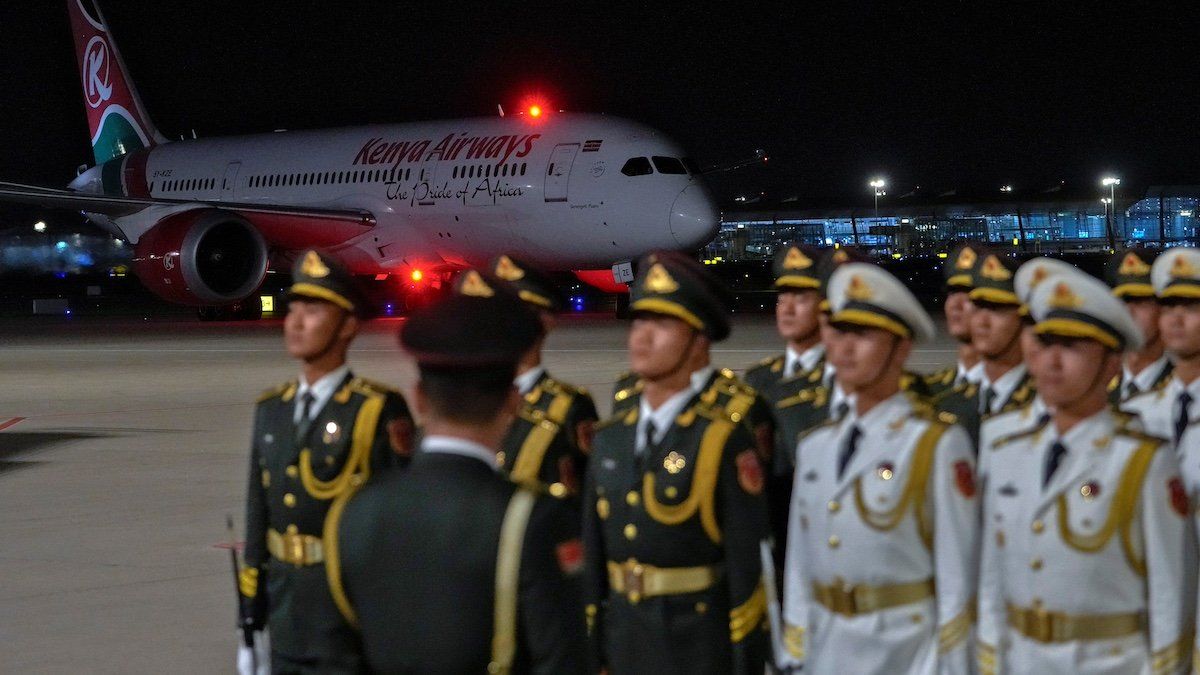Leaders from 50 African nations are expected to gather in Beijing on Wednesday for the 9th triennial China-Africa Cooperation summit — aimed at deepening strategic coordination between China and Africa – but China’s ongoing economic woes have shifted the tone considerably.
The background: These fora used to be an opportunity for Beijing to splash the cash about, but spending peaked after the 2015 summit, which promised some $60 billion in loans and investments over 3 years. By comparison, Chinese loans in Africa totaled just $4.61 billion in 2023 — and Beijing’s guests will want to hear why pledges from the 2021 summit to buy $300 billion in goods from Africa have gone unfulfilled.
Beijing will also need to reassure its partners about several incomplete infrastructure projects, including a major rail project to link East African population and industrial centers.
What’s the pitch? Beijing wants to sell a vision of a green economy future powered by African minerals supplying Chinese manufacturers. But Beijing isn’t alone: Africa’s role in the global economy is only set to grow more important in the 21st century, and the US, UK, South Korea, Italy, and Russia have all set up African summits in recent years. We’re watching how China’s overtures are received.
